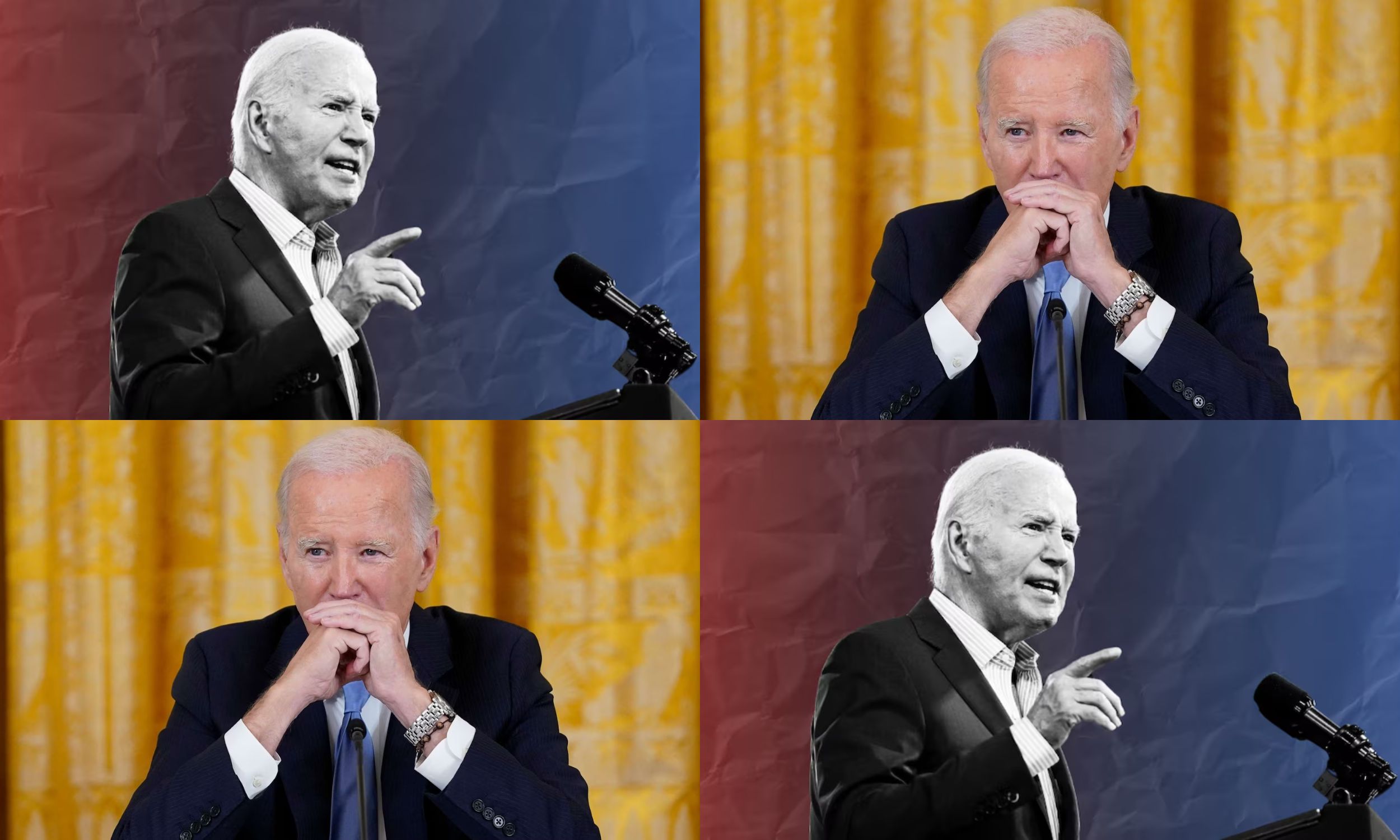During the recent election, Vice President Kamala Harris and the Democratic Party made a concerted effort to persuade the public that “democracy was on the ballot,” but their message largely failed to resonate.
Many analysts argue that this indicates Americans are primarily concerned with personal interests and economic issues, rather than the democratic process itself. However, a more accurate conclusion might be that the Democratic Party has lost its credibility when it comes to democracy and fair processes.
To illustrate this, consider how the party shielded Joe Biden from scrutiny regarding his mental fitness for office for months, only to later ignore calls from Rep. Dean Phillips (D-Minn.) and Marianne Williamson, who warned that protecting Biden would backfire. The Democrats went so far as to cancel all primary debates.

In Florida, the Democratic Party canceled its primary to prevent Phillips from running. Similarly, in Wisconsin, the state party attempted a similar maneuver but was forced by the courts to reverse course. At the national level, the Democratic National Committee established a “war room” to discredit Robert Kennedy Jr.’s challenge, eventually driving him out of the party.
Simultaneously, Democratic leaders in states like Colorado and Michigan attempted to disqualify Trump from ballots based on a novel interpretation of the 14th Amendment, claiming his actions during the insurrection made him ineligible to run.
Once it became impossible to continue hiding Biden from scrutiny, the Democratic Party shifted its support to Kamala Harris. Having dropped out of the 2020 primary before a single vote was cast due to poor polling, Harris became the party’s chosen candidate, despite having never garnered a single vote for president.
This entire sequence of actions, all supposedly in the name of “saving democracy,” highlights the Democratic Party’s blatant disregard for open democratic processes. Their hostility toward such processes extended beyond the presidential race.
In states like Arizona, Colorado, Washington, D.C., Nevada, and South Dakota, Democratic politicians actively opposed ballot referenda designed to open up the primary system to independent voters and allow voters to choose from a broader range of candidates.
This trend is not a one-time occurrence in 2024. For years, the Democratic Party has fought against primary election reform across the country. Where voters have managed to overcome this opposition, such as in California and Washington, the party has sought to restore exclusionary systems.
This issue is not simply about partisan rivalry. Since the 1960s, both major political parties have treated primary elections as their exclusive domain, manipulating the process to serve their interests, dividing voters, and obstructing efforts for a more inclusive system.
They selectively adhere to primary election rules when it benefits them, but reject them when it doesn’t suit their needs. This approach benefits party elites and special interests, but it doesn’t serve the broader American electorate.
The Democratic Party faces a unique challenge because it positions itself as the defender of the democratic rights of ordinary Americans. Its hypocrisy is glaring, as it champions the myth of defending democracy while engaging in tactics that suppress voter participation.
Figures like Nancy Pelosi now lament the absence of an open process due to their party’s loss in the election. However, they fail to fully address their historical resistance to sharing power with the American people.
The way primary elections are conducted in the U.S. is outdated and exclusionary, resulting in Congress and state legislatures that represent increasingly narrow partisan interests, rather than the will of the broader electorate. Today, 51% of Americans identify as independents, yet their voting rights are largely ignored by both parties, even though these voters are growing in number across the political spectrum.
Don’t be misled. Americans do care deeply about democracy and fair processes, but they won’t accept lectures from hypocrites. Hopefully, the Democratic Party will take a long, hard look at its lack of credibility on democracy as it reflects on this election’s outcome and considers its future course.


